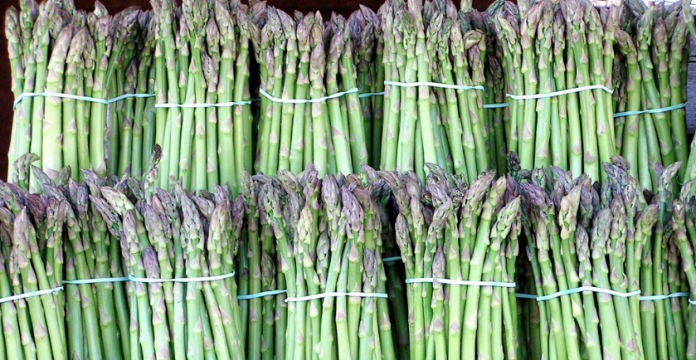
By now, you’re probably aware that probiotics are essential to your overall health and wellness. These naturally occurring live bacteria and yeasts support your digestive and oral health; may balance your moods and stress levels; and can boost your immune system, metabolism, and energy. You even know that you can increase the probiotics in your body by eating yogurt, kombucha, or sauerkraut, or by taking supplements.
For More About Fermented Foods and Probiotics
But what you may not know is that the probiotics in your body are constantly under threat from common lifestyle habits, like being too stressed, eating processed foods, and being exposed to antibacterial products. And when the good bacteria in your gut get depleted, you may be more vulnerable to harmful bacteria and illness.
Thankfully, there is something that can help the probiotics you consume flourish: prebiotics.
The Importance of Prebiotics
Prebiotics are plant fibers that feed the probiotic bacteria in your body. Fibers are resistant to digestion, so they settle into your lower intestine and – much like fertilizer in a garden – create a nutrient-rich environment where bacteria and yeast can grow, multiply, and thrive. This is what makes them a prebiotic.
Prebiotics have been shown to boost immunity by producing white blood cells, lower inflammation, and promote heart health by regulating cholesterol and triglyceride levels. They’re also frequently used when treating chronic illnesses like Crohn’s disease and irritable bowel syndrome.
Although prebiotics aren’t as well-known as probiotics, they’re just as important to your overall wellness. Like you, probiotic bacteria need food to survive. Without prebiotic nutrients in your gut, the quality and quantity of your “good bacteria” will diminish, leaving you susceptible to digestive problems and a host of other maladies.
More Information on Prebiotics
Increasing the Prebiotics in Your Body
You should consume prebiotics every day to ensure there are enough in your gut to keep your probiotics flourishing. Here are five prebiotic foods you can easily incorporate into your daily diet:
1. Asparagus: Grilled, sauteed, raw, or steamed, asparagus is packed full of vitamins, antioxidants, and prebiotics. Research has shown that asparagus helps reduce inflammation and has certain anti-cancer properties, as well. Serve it as a warm side dish, or eat it cool with a healthy dip.
Recipe for Garlicky Roasted Asparagus
2. Bananas: Soothing to your stomach and full of important vitamins and minerals, bananas are a wonderful source of natural prebiotic fibers. Green bananas have the highest prebiotic properties, while riper bananas are easier to digest. Bananas are great sliced onto yogurt or oatmeal, baked into bread and pies, eaten raw as a snack, or added to smoothies (especially when paired up with berries, another wonderful source of prebiotics).
3. Legumes, beans, and peas: Beans, legumes, and peas might be some of the most versatile prebiotic foods out there. High in protein and other key nutrients, these foods are not only great for digestive health but can also lower cholesterol. Incorporate them into meals as an entree (they’re great in place of animal protein) or a side dish. Try adding them to salads or pasta, using them in Mexican dishes, making burger patties out of them, or pureeing them into a yummy dip.
Read About The Healthiest Beans, Grains, and Legumes
4. Oats: The fibrous beta-glucans in oats make them the perfect food for probiotics in your gut. In fact, a study published in the British Journal of Nutrition found that whole-grain oat cereals – especially oat clusters – could improve digestive health. Get a boost of prebiotics first thing in the morning by eating oatmeal (not the prepackaged kind) or whole-grain oat cereal or by baking them into snacks. If oats aren’t your thing, substitute other unrefined whole grains like barley or rye.
5. Onions: Onions are good for more than balancing out a meal; they’re incredibly healthy, too. Besides being rich in vitamin C, onions are also high in polyphenols – prebiotics that have been linked to slowing and preventing cardiovascular disease, diabetes, and certain types of cancer. The possibilities of incorporating onions into your meals are endless: omelets, salads, homemade soups, stir-fry, chili, and burgers to name a few.
6. Gummies: Gummies for everything from a multivitamin to hair, skin, and nails supplements are so trendy right now. To add extra prebiotics to your day try a gummy.
Bottom Line
Prebiotics and probiotics work hand in hand to improve your digestive health and immune system. Make your body as healthy as it can be by incorporating probiotic and prebiotic foods into your meals every day.










